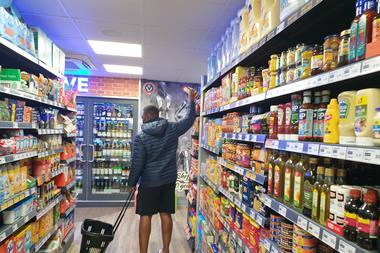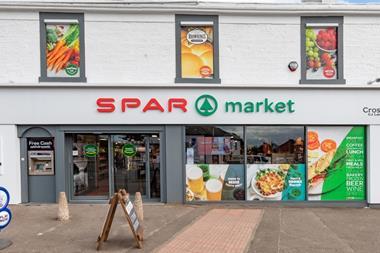In-store music boosts weekday sales, but may harm weekend spend
By Sarah Britton2023-06-13T10:05:00

Source: GettyImages-1487466663
Research from the University of Bath shows music puts people in the mood to spend more Mon-Thurs
ALREADY HAVE A REGISTERED USER ACCOUNT? PLEASE LOG IN HERE
To read the full story join the ConvenienceStore.co.uk community today!
Registration is quick and easy and provides access to:
- Unlimited ConvenienceStore.co.uk articles
- Our great range of newsletters
- Content you’ve saved for later via the ‘my library’ feature
And much more…
Related articles
-

-

-

How bricks-and-mortar transformations continue to boost loyalty and margins
This content is provided by SPAR
-

-

-

More from News
Unlimited Access + Newsletters
Register today to gain unlimited access to articles and to receive our great range of email newsletters.

























